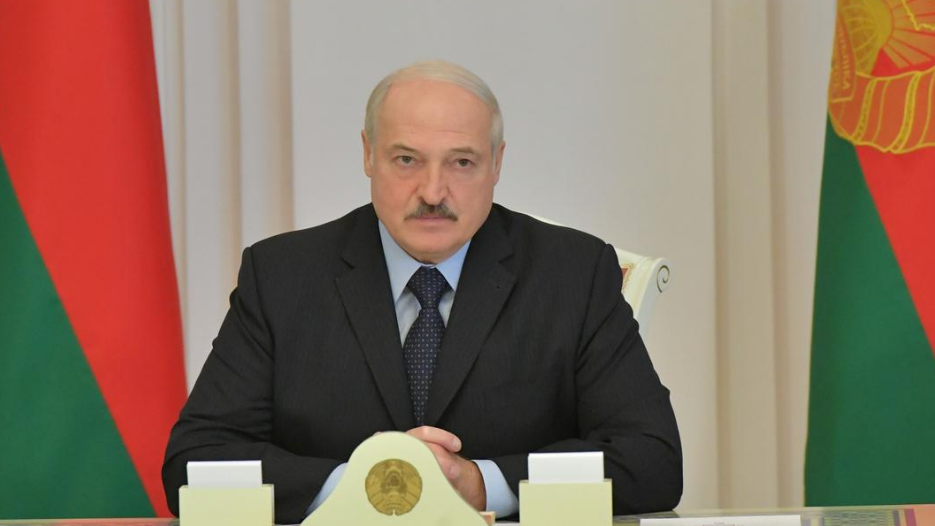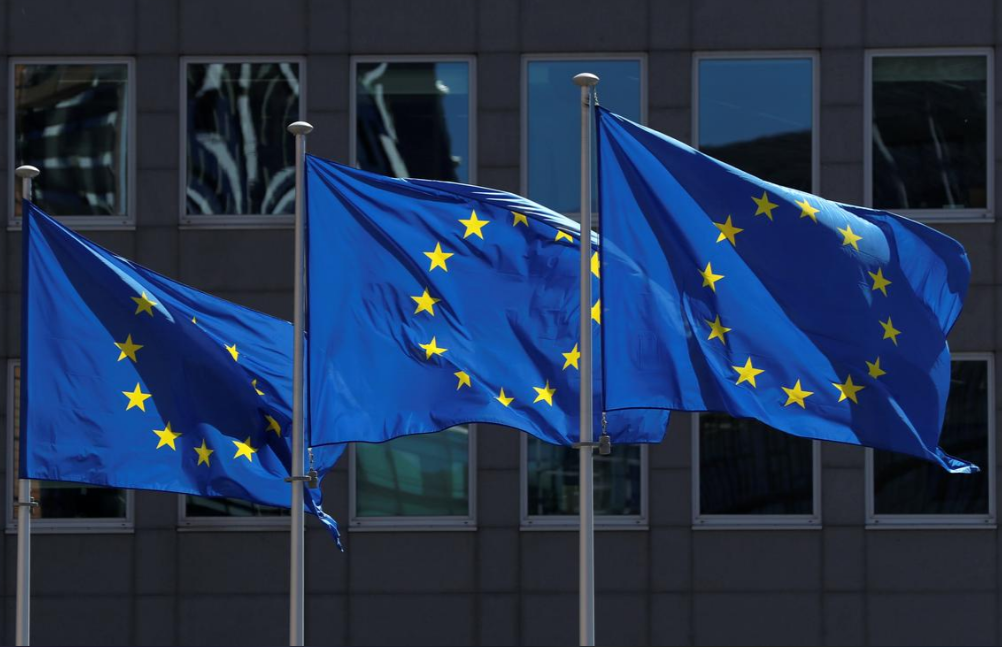Russia's foreign ministry said on Thursday it was concerned by the situation in Belarus and said there were attempts by outside forces to meddle in and destabilize the country following Sunday's contested election.
Read more: Belarus turmoil: Does Russia still support Lukashenko?
Belarus on Thursday began releasing some of the thousands of people detained in a crackdown by President Alexander Lukashenko that has prompted the European Union (EU) to consider imposing sanctions.

Lukashenko chairs a meeting on topical issues in Minsk, Belarus, August 12, 2020. /Reuters
Lukashenko chairs a meeting on topical issues in Minsk, Belarus, August 12, 2020. /Reuters
Prisoners release
Some of those freed in the capital Minsk had bruises and described being tightly packed inside cells and complained of mistreatment, including beatings. A spokeswoman for the interior ministry declined immediate comment.
Their release came as thousands of people formed human chains and marched in the streets for a fifth consecutive day of protests against Lukashenko, who has dismissed the demonstrators as criminals and unemployed.
The government said that 700 more people had been detained in a fourth night of clashes on Wednesday between police and protesters.

EU flags flutter outside the European Commission headquarters in Brussels, Belgium, June 25, 2020. /Reuters
EU flags flutter outside the European Commission headquarters in Brussels, Belgium, June 25, 2020. /Reuters
New measures of EU sanction
EU eyes sanctions over disputed Belarus election "as soon as end-August", diplomats and officials said.
Germany, Lithuania, Latvia and Sweden have spoken publicly in favor of sanctions and Austria was another hawk, according to the sources, who spoke on condition of anonymity ahead of emergency talks between EU foreign ministers on Friday.
With any EU decision on sanctions requiring unanimity of all the 27 member states, Hungary was the main sceptic, according to the sources. Hungary on Thursday called on the bloc "to pursue dialogue with Belarus and avoid ostracising it."
Read more:
Alexander Lukashenko's 26-year rule of Belarus faces its biggest challenge
Suggesting it could agree to some restrictions, however, Budapest passed up the opportunity to block a statement earlier this week on behalf of all EU countries that specifically mentioned sanctions "against those responsible for the observed violence, unjustified arrests, and falsification of election results" as an option.
"The direction of travel seems clear. How many people would be blacklisted, how deep we go will largely depend on Hungary," said one EU diplomat in Brussels.
No final decision was expected on Friday, but the response could be finalized within days after another discussion among EU foreign ministers due in Berlin on August 27-28, the sources said.
Source(s): Reuters